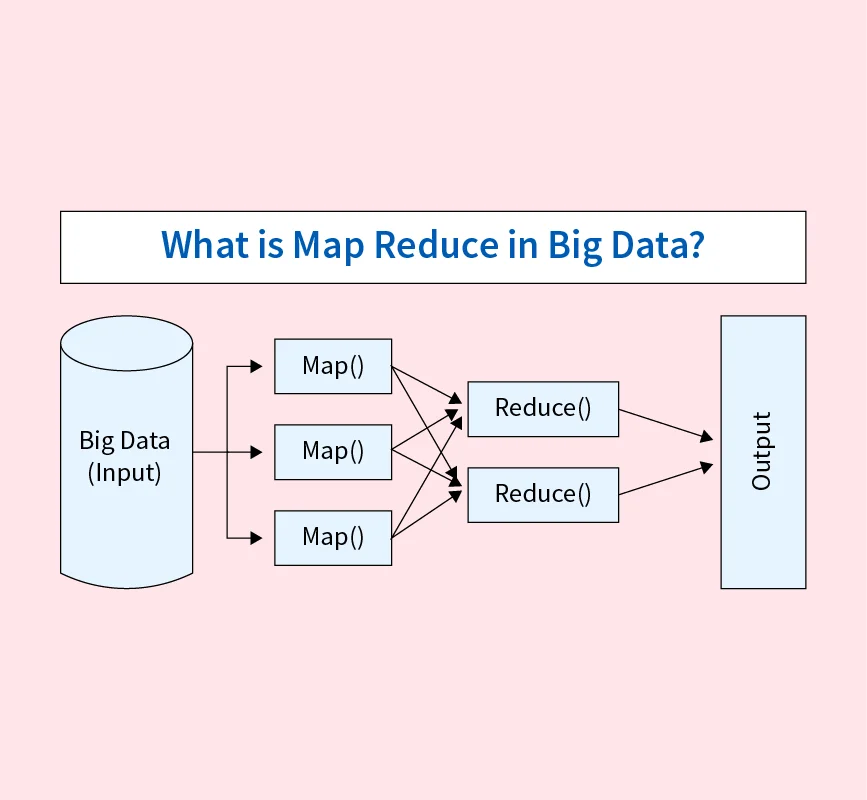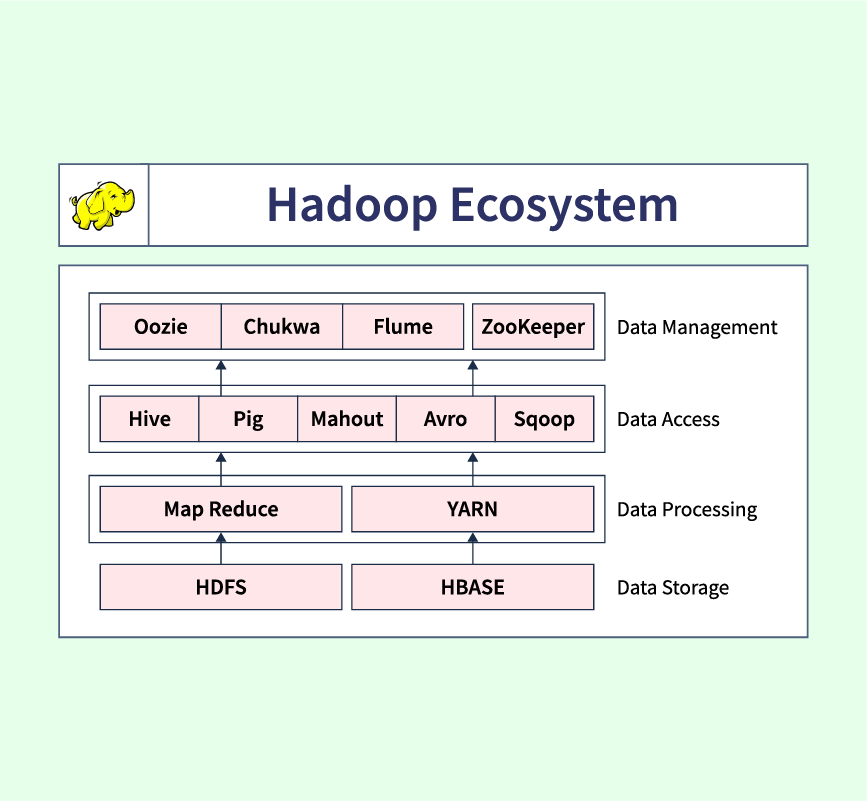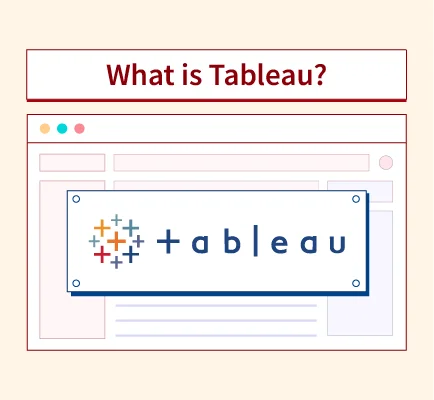Artificial Intelligence (AI) is a rapidly evolving field, with applications spanning healthcare, finance, robotics, and entertainment. AI is broadly categorized into Strong AI and Weak AI, each with distinct capabilities and implications.
Weak AI is designed to perform specific tasks efficiently but lacks human-like intelligence. Strong AI, on the other hand, represents a theoretical concept where machines can think, reason, and learn autonomously like humans.
Understanding these concepts is crucial for AI research, ethics, and technological advancements. As AI continues to shape industries, distinguishing between Strong AI and Weak AI helps us navigate its potential and limitations in real-world applications.
What is Weak AI?
Weak AI, also known as Narrow AI, refers to artificial intelligence systems designed to perform specific tasks efficiently without possessing true human-like intelligence. Unlike Strong AI, Weak AI does not have consciousness, self-awareness, or the ability to think beyond its programmed capabilities. Instead, it relies on predefined rules, algorithms, and data-driven learning to complete tasks.
Weak AI plays a significant role in automating repetitive processes and enhancing productivity across various industries. It is widely used in virtual assistants (Siri, Alexa), recommendation systems (Netflix, Spotify), fraud detection in banking, and autonomous customer service chatbots.
For example, Google Translate can accurately translate text between languages, but it does not understand the content the way a human does. Similarly, self-driving cars use AI-powered sensors and algorithms to navigate roads but lack human-like reasoning.
While Weak AI excels at specialized tasks, it does not possess general intelligence or independent problem-solving abilities beyond its intended scope.
Characteristics of Weak AI
Weak AI is designed to perform specific, predefined tasks efficiently but lacks human-like intelligence. Below are its key characteristics:
- Task-Specific Intelligence – Weak AI excels at one function at a time, such as speech recognition, image processing, or playing chess. It cannot generalize knowledge or transfer learning from one domain to another.
- Lack of Self-Awareness – Unlike humans, Weak AI does not possess consciousness, emotions, or reasoning abilities. It simulates intelligence by processing data and executing algorithms rather than understanding concepts.
- Reliance on Pre-Programmed Rules – Weak AI operates based on predefined rules and patterns, often using machine learning, deep learning, and statistical models. It cannot think creatively or adapt beyond its training data.
Examples of Weak AI:
- Virtual Assistants – Siri, Alexa, Google Assistant.
- Recommendation Systems – Netflix, YouTube, Amazon.
- Chatbots – Customer service bots like ChatGPT.
Weak AI is highly efficient but limited to specific functions, making it fundamentally different from Strong AI.
What is Strong AI?
Strong AI, also known as Artificial General Intelligence (AGI), refers to a theoretical form of artificial intelligence that possesses human-like cognitive abilities, including reasoning, problem-solving, self-awareness, and independent decision-making. Unlike Weak AI, which is designed for specific tasks, Strong AI would have the ability to learn, adapt, and apply intelligence across multiple domains without human intervention.
The implications of Strong AI are profound. If machines could think, understand, and reason like humans, they could potentially surpass human intelligence, leading to ethical and existential concerns about control, autonomy, and decision-making.
Despite advances in deep learning and neural networks, Strong AI does not yet exist. Current AI models, including GPT-4, DeepMind’s AlphaFold, and IBM Watson, are still forms of Weak AI, excelling in specialized tasks but lacking true understanding and consciousness. Researchers continue to explore Strong AI, but it remains a theoretical goal rather than a present reality.
Characteristics of Strong AI
Strong AI, or Artificial General Intelligence (AGI), would possess human-like cognitive abilities and function autonomously across multiple domains. Below are its key characteristics:
- Generalized Intelligence – Unlike Weak AI, Strong AI would be capable of learning, reasoning, and applying knowledge to any task, similar to human intelligence. It would not require training for each specific function but could adapt across various disciplines and problem-solving scenarios.
- Consciousness & Self-Awareness – In theory, Strong AI would exhibit self-awareness and emotions, allowing it to make decisions based on abstract thinking, ethics, and intuition rather than just predefined rules. However, the concept of machine consciousness remains speculative.
- Independent Decision-Making – Strong AI would function without explicit programming, making its own choices, improving its decision-making process, and even learning from past experiences, similar to human cognition.
Examples of Strong AI:
- Hypothetical AI from Science Fiction – HAL 9000 (2001: A Space Odyssey), Skynet (Terminator), and Data (Star Trek).
- Advanced AI Research Initiatives – OpenAI’s pursuit of AGI, DeepMind’s AI models working toward general intelligence.
While Strong AI remains a theoretical concept, its development would revolutionize technology and human-AI interactions.
Key Differences between Strong AI and Weak AI
Strong AI and Weak AI have fundamental differences in capabilities, learning processes, self-awareness, and real-world applications. Below is an expanded comparison:
| Aspect | Weak AI (Narrow AI) | Strong AI (General AI) |
| Scope | Designed for specific tasks | Can perform any intellectual task like a human |
| Learning Capability | Learns from predefined data and algorithms | Learns, reasons, and adapts independently |
| Self-Awareness | No consciousness or self-awareness | Theoretically capable of self-awareness and reasoning |
| Adaptability | Cannot generalize knowledge across tasks | Can apply knowledge from one domain to another |
| Decision-Making | Follows programmed rules and statistical models | Thinks independently, makes decisions like humans |
| Human Interaction | Simulates conversation but lacks understanding | Can hold meaningful, context-aware conversations |
| Creativity | Generates content based on patterns but lacks original thought | Hypothetically capable of creative and abstract thinking |
| Existence Today | Used in real-world applications | Still a theoretical concept under research |
| Examples | Siri, Alexa, Netflix recommendations, Google Translate | Hypothetical AGI, Skynet (Terminator), HAL 9000 (2001: A Space Odyssey) |
While Weak AI powers most modern technologies, Strong AI remains a theoretical goal, with ongoing research exploring its feasibility and ethical implications.
Challenges and Future Prospects of Strong AI
Developing Strong AI
The development of Strong AI (Artificial General Intelligence) faces significant technical and computational challenges. Unlike Weak AI, which follows predefined rules, Strong AI requires machines to think, reason, and adapt independently. This demands massive computational power, advanced neural networks, and breakthroughs in cognitive modeling. Currently, no AI system exhibits true general intelligence.
Ethical Considerations
The prospect of machines possessing human-like intelligence raises serious ethical concerns. If AI becomes self-aware, questions regarding autonomy, rights, and accountability will arise. There is also a risk of AI making decisions without human oversight, leading to unpredictable consequences in security, privacy, and employment. Ensuring AI safety and ethical governance is a critical challenge.
Ongoing Research
Major AI research institutions, including OpenAI, DeepMind, and IBM, are exploring cognitive architectures, reinforcement learning, and neural-symbolic reasoning to bring AI closer to human-level intelligence. While Strong AI remains theoretical, advancements in self-learning algorithms, neuromorphic computing, and artificial consciousness research may bring AGI closer to reality in the future.
Conclusion
The distinction between Strong AI and Weak AI highlights the current state and future potential of artificial intelligence. Weak AI, which powers everyday applications like virtual assistants, recommendation systems, and chatbots, is already transforming industries. Strong AI, however, remains a theoretical goal, requiring breakthroughs in cognition, learning, and independent reasoning.
As AI research advances, the possibility of Artificial General Intelligence (AGI) raises both technological excitement and ethical concerns. Future AI systems will need careful development, regulation, and ethical oversight. Continued exploration in AI research and discussions on AI ethics, safety, and governance will shape the next era of intelligent machines.
References:


